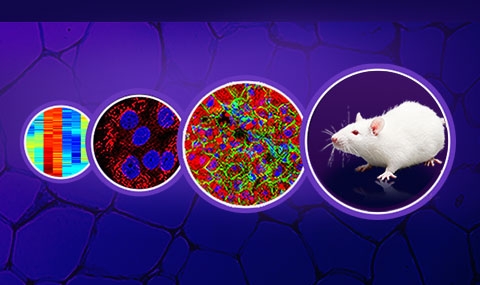The Hippo tumor suppressor pathway is emerging as an important regulator of cancer-related processes. At the core of the Hippo pathway are two kinases, LATS1 and LATS2, which negatively regulate the pathway effectors, YAP and TAZ. YAP and TAZ are transcriptional co-activators that have been shown to promote or inhibit oncogenic transformation, in different contexts.
Several years ago, LATS2 was found to contribute to stabilization and activation of p53 in response to mitotic machinery damage and oncogene activation, implicating it as a member of the extended network that relays stress responses to p53. Recently, LATS2, together with its paralog LATS1, was shown to contribute to the canonical tumor suppressive features of p53 also under basal conditions, in the absence of notable stress. Interestingly, p53 can bind and transactivate the LATS2 promoter, thus defining a positive feedback loop. This LATS2-p53 loop intimately couples two important tumor suppressor pathways, p53 and Hippo, not only in response to genotoxic insults but also in pathological processes such as metabolic stress and cancer.
In order to explore the complexity of the Hippo signaling network, one of our current projects focuses on single-cell analysis of mammary tumors on the level of transcriptomics (scRNA-seq) and proteomics (CyTOF). Information from these analyses will provide important new knowledge about intratumoral heterogeneity, which is a major challenge for cancer treatment.


